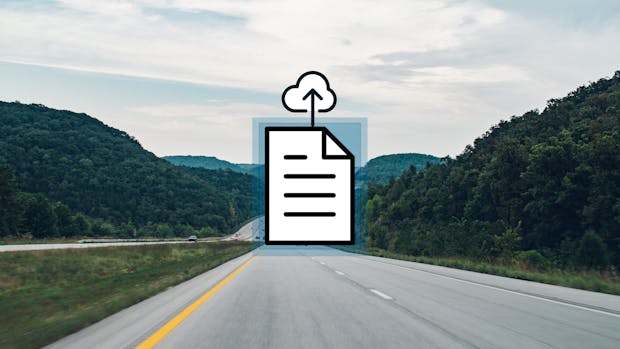Advancing Digital Solutions for Freight Forwarders: eCMR and GE.22 Outcomes

What is the current status of eCMR and the GE.22 developments?
The June 2025 session of the Group of Experts on operationalisation of eCMR (GE.22) marked a significant milestone in progressing the electronic consignment note (eCMR) within international transport, culminating in a long-awaited consensus on the regulatory framework, which is due to be approved by the SC.1 Working Party on Road Transport in October 2025.
This success paves the way for finalising the necessary technical specifications and accelerating eCMR adoption. Importantly, it contributes to the harmonised digitalisation of transport documentation, which together with the electronic FIATA Multimodal Transport Bill of Lading (eFBL), facilitate enhanced cross-border efficiency and acceptance. Once complete, this work will enable eCMR solutions to be offered on the market - a significant milestone for the eCMR.
What practical benefits will freight forwarders gain from eCMR adoption?
The digital consignment note (eCMR) is a key step towards modernising freight transport, enabling the secure exchange of transport data in an electronic format. While the adoption of eCMR remains voluntary, territories and companies that opt in gain a strategic advantage by embracing digital workflows that simplify processes and enhance connectivity across borders. For freight forwarders, the shift to eCMR is not simply about replacing paper but it also offers a smarter, more efficient way to manage transport operations.
Key benefits of eCMR adoption for freight forwarders include:
- Reduced paperwork through faster, digital document processing
- Improved accuracy with fewer errors from manual data handling
- Real-time tracking for greater visibility across the transport chain
- Simplified customs clearance through digital document availability
- Faster deliveries leading to enhanced customer satisfaction
- Greater efficiency and alignment with international digital standards
How did FIATA contribute to the success of GE.22?
FIATA actively contributed to the work of GE.22 across all sessions of this expert group, serving, alongside the International Road Transport Union (IRU), as the only private sector organisations formally involved in the negotiations. FIATA and IRU worked closely together to ensure a united voice that represented practical industry needs, successfully contributing to a workable and forward-looking consensus.
FIATA consistently emphasised the relevance of eCMR as a practical response to today’s logistics challenges, supporting progress towards more streamlined and digitalised transport operations. This outcome reflects FIATA’s ongoing commitment to working alongside key stakeholders and driving meaningful change for its global membership.